Filter by
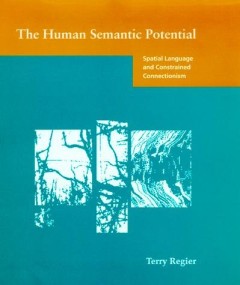
The human semantic potential : spatial language and constrained connectionism
"A Bradford book.""Drawing on ideas from cognitive linguistics, connectionism, and perception, The Human Semantic Potential describes a connectionist model that learns perceptually grounded semantics for natural language in spatial terms. Languages differ in the ways in which they structure space, and Regier's aim is to have the model perform its learning task for terms from any natural languag…
- Edition
- -
- ISBN/ISSN
- 0585032610
- Collation
- 1 online resource (xiv, 220 pages).
- Series Title
- -
- Call Number
- 100 REG h
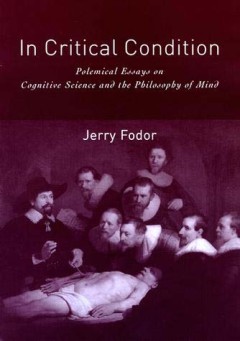
In critical condition : polemical essays on cognitive science and the philoso…
"A Bradford book."Doing philosophy, according to Jerry Fodor, is like piloting: The trick is to find an object of known position and locate yourself with respect to it. In this book, Fodor contrasts his views about the mind with those of a number of well-known philosophers and cognitive scientists, including John McDowell, Christopher Peacocke, Paul Churchland, Daniel Dennett, Paul Smolensky, a…
- Edition
- -
- ISBN/ISSN
- 0585078092
- Collation
- 1 online resource (x, 219 pages).
- Series Title
- Representation And Mind Series
- Call Number
- 100 FOD c

The new science of the mind :from extended mind to embodied phenomenology
An investigation into the conceptual foundations of a new way of thinking about the mind that does not locate all cognition "in the head." There is a new way of thinking about the mind that does not locate mental processes exclusively "in the head." Some think that this expanded conception of the mind will be the basis of a new science of the mind. In this book, leading philosopher Mark Rowl…
- Edition
- -
- ISBN/ISSN
- 9780262289733
- Collation
- 1 online resource (x, 249 pages)
- Series Title
- -
- Call Number
- -
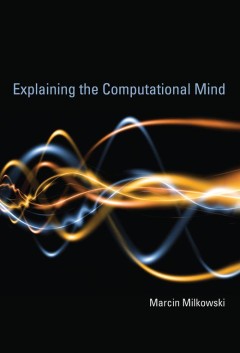
Explaining the computational mind
In this work, Marcin Milkowski argues that the mind can be explained computationally because it is itself computational - whether it engages in mental arithmetic, parses natural language, or processes the auditory signals that allow us to experience music.OCLC-licensed vendor bibliographic record.
- Edition
- -
- ISBN/ISSN
- 9780262313919
- Collation
- 1 online resource (x, 243 pages)
- Series Title
- -
- Call Number
- -
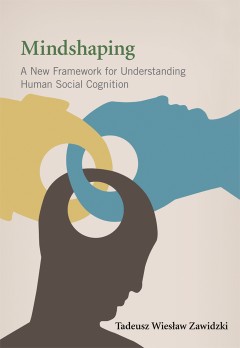
Mindshaping: A new framework for understanding human social cognition
"In this novel account of distinctively human social cognition, Tadeusz Zawidzki argues that the key distinction between human and nonhuman social cognition consists in our complex, diverse, and flexible capacities to shape each other's minds in ways that make them easier to interpret. Zawidzki proposes that such "mindshaping"--Which takes the form of capacities and practices such as sophistica…
- Edition
- -
- ISBN/ISSN
- 9780262313278
- Collation
- 1 online resource (xxiii, 317 pages)
- Series Title
- -
- Call Number
- -
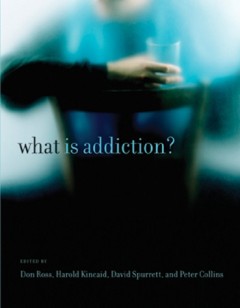
What is addiction?
"The image of the addict in popular culture combines victimhood and moral failure; we sympathize with addicts in films and novels because of their suffering and their hard-won knowledge. And yet actual scientific knowledge about addiction tends to undermine this cultural construct. In What Is Addiction? leading addiction researchers from neuroscience, psychology, genetics, philosophy, economics…
- Edition
- -
- ISBN/ISSN
- 9780262288248
- Collation
- 1 online resource (xi, 448 pages) :illustrations
- Series Title
- -
- Call Number
- -
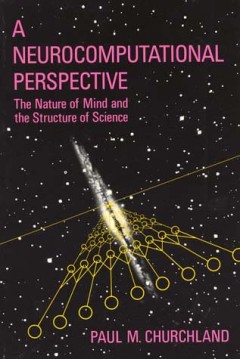
A neurocomputational perspective :the nature of mind and the structure of sci…
If we are to solve the central problems in the philosophy of science, Paul Churchland argues, we must draw heavily on the resources of the emerging sciences of the mind-brain. A Neurocomputationial Perspective illustrates the fertility of the concepts and data drawn from the study of the brain and of artificial networks that model the brain. These concepts bring unexpected coherence to scattere…
- Edition
- -
- ISBN/ISSN
- 9780262270328
- Collation
- 1 online resource (xvii, 321 pages) :illustrations
- Series Title
- -
- Call Number
- -
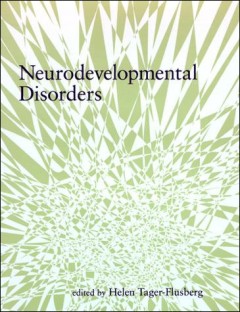
Neurodevelopmental disorders
"Until recently, genetic, neuroanatomical, and psychological investigations on neurodevelopmental disorders were carried out independently. Now, tremendous advances across all disciplines have brought us toward a new scientific frontier: the integration of molecular genetics with a developmental cognitive neuroscience. The goal is to understand the basic mechanisms by which genes and environmen…
- Edition
- -
- ISBN/ISSN
- 9780262284653
- Collation
- 1 online resource (xii, 614 pages) :illustrations.
- Series Title
- -
- Call Number
- -

Better than conscious? : DECISION MAKING, the HUMAN MIND, and IMPLICATIONS FO…
Experts discuss the implications of the ways humans reach decisions through the conscious and subconscious processing of information. Conscious control enables human decision makers to override routines, to exercise willpower, to find innovative solutions, to learn by instruction, to decide collectively, and to justify their choices. These and many more advantages, however, come at a price: the…
- Edition
- -
- ISBN/ISSN
- -
- Collation
- 1 online resource (xiv, 449 pages) : illustrations (some color).
- Series Title
- -
- Call Number
- -

Brain signal analysis Advances in Neuroelectric and Neuromagnetic Methods
This title explores recent developments in the tools and techniques of data acquisition and analysis in cognitive electrophysiology.
- Edition
- -
- ISBN/ISSN
- -
- Collation
- 1 online resource (x, 259 pages, 8 unnumbered pages of plates) : illustrations (some color)
- Series Title
- -
- Call Number
- -
 Computer Science, Information & General Works
Computer Science, Information & General Works  Philosophy & Psychology
Philosophy & Psychology  Religion
Religion  Social Sciences
Social Sciences  Language
Language  Pure Science
Pure Science  Applied Sciences
Applied Sciences  Art & Recreation
Art & Recreation  Literature
Literature  History & Geography
History & Geography